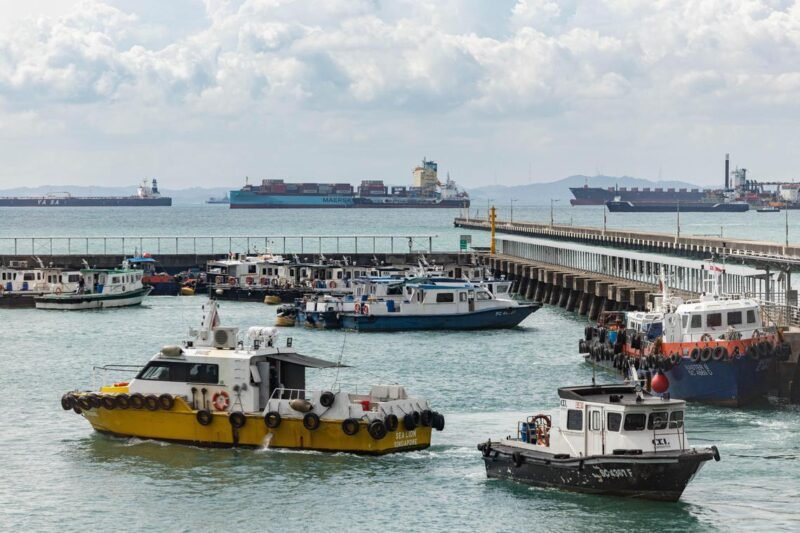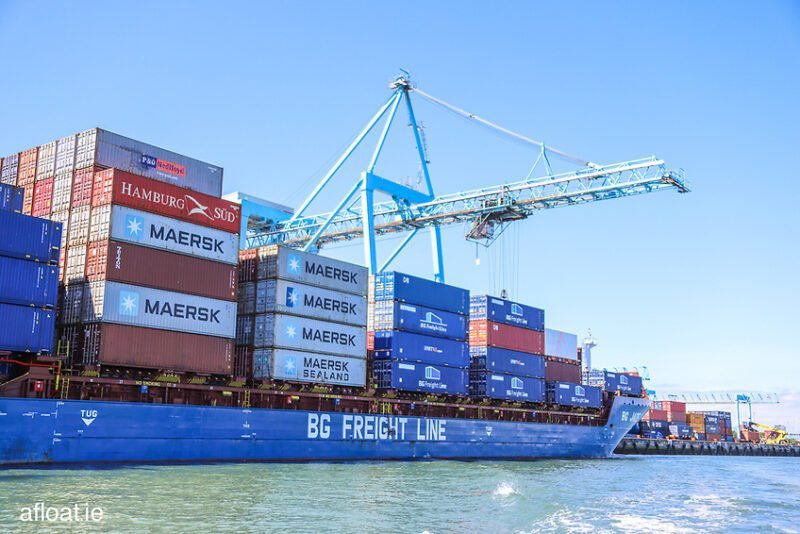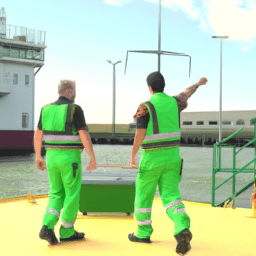The maritime industry is facing a major shift in the way it sources and uses energy. As the world moves towards a greener future, the need for new fuels and technologies to power ships is becoming increasingly important. This shift has created a need for new training and education for seafarers to ensure they are prepared for the changes ahead.

The International Maritime Organization (IMO) has set ambitious targets for reducing greenhouse gas emissions from ships, and the industry is responding with new technologies and fuels. These include liquefied natural gas (LNG), methanol, and hydrogen. Each of these fuels has its own unique characteristics and requires specialized training for seafarers to safely and effectively operate them.
The IMO has already taken steps to ensure that seafarers are prepared for the transition to new fuels. In 2018, the IMO adopted the International Code of Safety for Ships Using Gases or Other Low-Flashpoint Fuels (IGF Code). This code sets out the requirements for the safe operation of ships using these new fuels, and provides guidance on the training and qualifications needed for seafarers.
The IMO has also developed a number of training courses and materials to help seafarers prepare for the transition to new fuels. These include courses on the safe handling of LNG, methanol, and hydrogen, as well as courses on the operation of ships using these fuels. The IMO also provides guidance on the qualifications and experience needed for seafarers to safely operate ships using these new fuels.
The transition to new fuels presents a number of opportunities for seafarers. As the industry moves towards greener fuels, there will be an increased demand for seafarers with the necessary qualifications and experience to safely operate ships using these new fuels. This presents an opportunity for seafarers to gain new skills and qualifications that will be in high demand in the future.
In addition, the transition to new fuels presents an opportunity for seafarers to become involved in the development and implementation of new technologies. As the industry moves towards greener fuels, there will be a need for seafarers to help develop and test new technologies, as well as to provide feedback on their performance. This presents an opportunity for seafarers to become involved in the development of the industry and to help shape its future.
The transition to new fuels presents a number of opportunities for seafarers. With the right training and qualifications, seafarers can gain the skills and experience needed to safely operate ships using these new fuels. They can also become involved in the development and implementation of new technologies, helping to shape the future of the maritime industry.
Share it now








